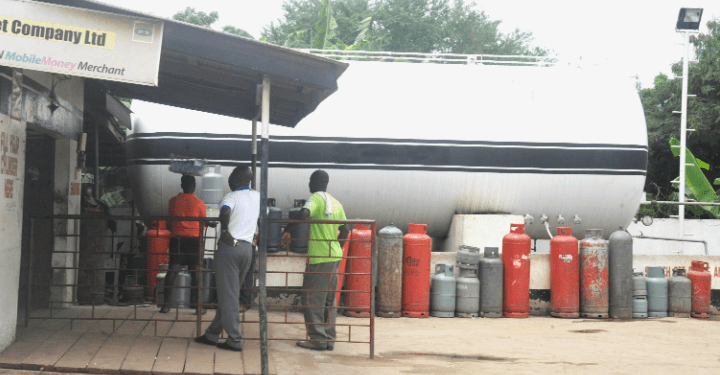- CNBC's Inside India newsletter: Can India grow as fast as China did?
- FDA approves Bristol Myers Squibb's schizophrenia drug, the first new type of treatment in decades
- Asia-Pacific markets mostly gain amid China stimulus optimism; Hong Kong set to rise 3%
- Scientists develop method to control timing of synthetic DNA droplet division
- Greener nanomaterials could transform how our everyday stuff is made
What do you believe is the single most important factor driving up the cost of living in Nigeria?

New continuous reaction process can help turn plant waste into sustainable aviation fuel
Washington State University scientists successfully tested a new way to produce sustainable jet fuel from lignin-based agricultural waste. Published in the journal Fuel Processing Technology, the team's research demonstrated a continuous process that directly converts lignin polymers, one of the chief components of plant cells, into a form of jet fuel that could help improve performance of sustainably produced aviation fuels.
"Our achievement takes this technology one step closer to real-world use by providing data that lets us better gauge its feasibility for commercial aviation," said lead scientist Bin Yang, professor in WSU's Department of Biological Systems Engineering.
A class of structural molecules that make plants tough and woody, lignin is derived from corn stover—the stalks, cobs and leaves left after harvest—and other agricultural byproducts.
The team developed a process called "simultaneous depolymerization and hydrodeoxygenation," which breaks down the lignin polymer and at the same time removes oxygen to create lignin-based jet fuel. At their Richland facility, the scientists introduced dissolved lignin polymer into a continuous hydrotreating reactor to produce the fuel.
Global consumption of aviation fuel reached an all-time high of nearly 100 billion gallons in 2019, and demand is expected to increase in the coming decades. Sustainable aviation fuels derived from plant-based biomass could help minimize aviation's carbon footprint, reduce contrails and meet international carbon neutrality goals.


- September 25, 2024
AI-guided experimentation identifies better energy storage solution

- September 27, 2024
Study shows US can cut greenhouse gas emissions by 65% by 2035

- September 25, 2024
Ghana to host Strategic ESG and Sustainability Impact Summit


- September 22, 2024
Floods, landslides hit central Japan months after major quake

- September 25, 2024
We are on track to settle Trafigura debt despite circulating misconceptions

- September 23, 2024
Rescuers comb muddy riverbanks after Japan floods kill seven


- September 24, 2024
Higher blends of biodiesel fuel could cut transportation emissions
Subscribe to our mailing list to get the new updates!

Subscribe our newsletter to stay updated
Thank you for subscribing!




